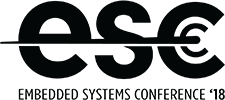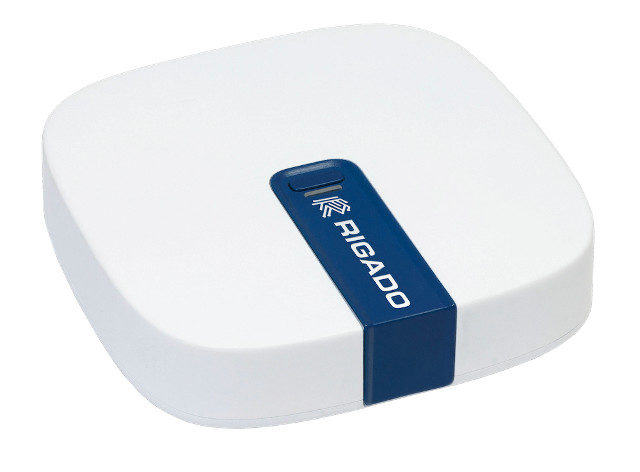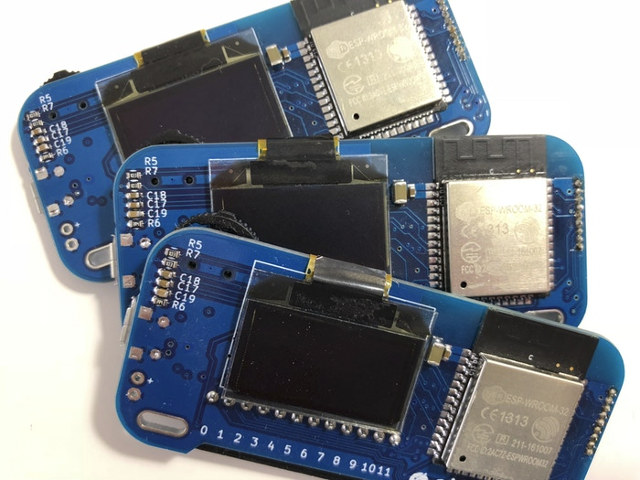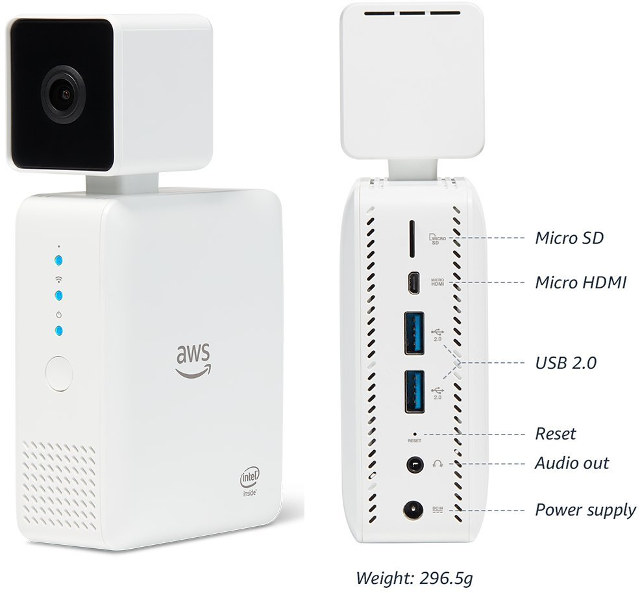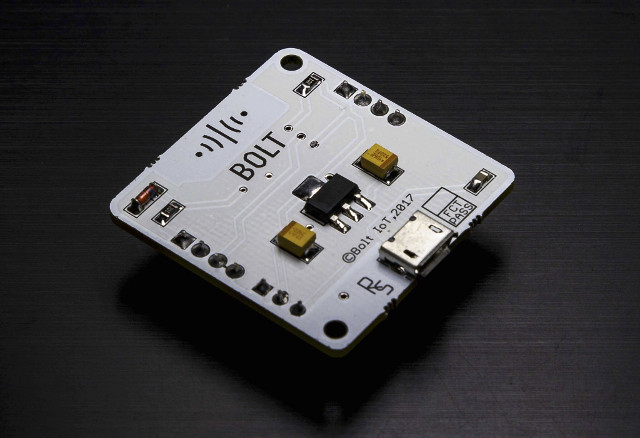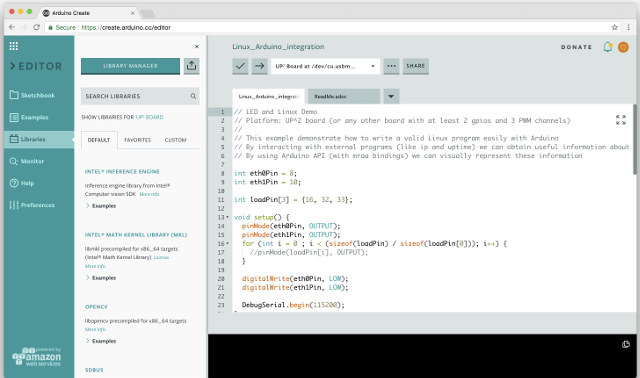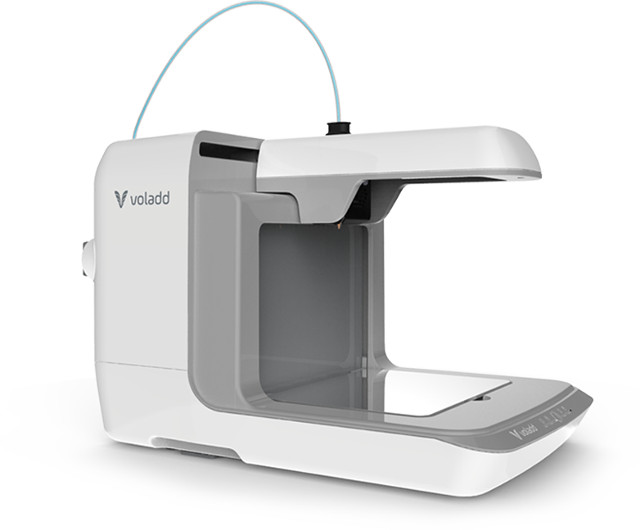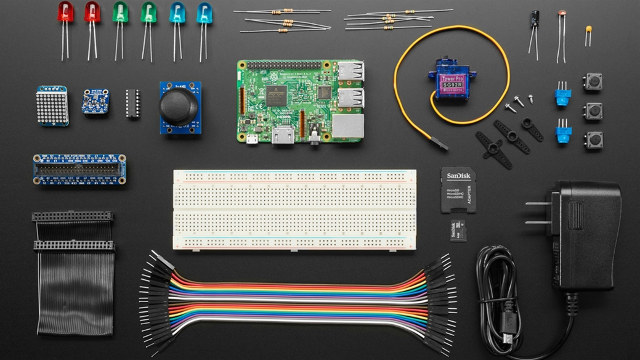The Embedded Systems Conference takes place each year in Boston, US in April or May. This year, the event will occur on April 18-19, and the organizers have published the schedule with 7 tracks: Advanced Technologies, Center Stage (free), Embedded Hardware Design & Verification, Embedded Software Design & Verification, IoT and Connected Devices, Keynotes (free) and Special Event (free). Even if you can’t attend, it’s always useful to have a look at the schedule to learn about potential industry developments. So I’ve made my own virtual schedule with some of the sessions I found relevant to this blog. Wednesday, April 18 8:00 – 10:00 – An Introduction to RTOS by Jean Labrosse (Software Architect, Silicon Labs) This tutorial will help you understand what RTOSs are and how they work so that you can make better use of their features. The class will explain what an RTOS is and why you […]
Rigado Vesta IoT Gateway Runs Linux and Zephyr OS, Supports Bluetooth 5, 802.15.4, WiFi, Ethernet and Cellular Connectivity
I’ve recently read several open source software news related to Rigado IoT gateway, starting with Canonical announcement last month, that the gateway would ship with Ubuntu Core starting in summer 2018, and a few days ago it popped up again during Linaro CEO keynote at Linaro Connect HK 2018, as one of the first commercial devices to run the Zephyr OS, specifically its fully open source Bluetooth stack on a Nordic nRF52 chip. Rigado Vesta IoT gateway is not exactly new, as it was first announced in December 2016. The hardware relies on an NXP i.MX 6UL Cortex A7 processor, up to 256MB RAM, 4GB eMMC flash, and includes built-in support for dual band WiFi, Bluetooth Smart, Bluetooth 5/4.2, 802.15.4 (Thread), Fast Ethernet with PoE, as well as optional support for a cellular LTE Cat 1 modem. Rigado gateway hardware specifications: Processor – NXP i.MX6 UltraLite (G3) Arm Cortex A7 […]
Obniz ESP32 Board is Programmable in JavaScript from the Cloud (Crowdfunding)
ESP32 WiFi / Bluetooth boards are now commonly supported by the Arduino IDE, and alternative firmwares are also available to program them using JavaScript (e.g. Espruino), or MicroPython. But if are familiar with JavaScript / Node.js, and don’t want to flash your own firmware, Obniz board could be an option. The board exposes 12 I/Os programmable from the company’s Cloud service, and features a OLED display used to show your program information, or a QR code to easily program the board from your smartphone’s browse once a WiFi connection has been setup. Obniz hardware specifications: Wireless Module – ESP-WROOM-ESP32 based on ESP32 dual core 802.11 b/n/g WiFi + Bluetooth LE WiSoC Display – 128×64 OLED display I/Os 12x I/O pins each configurable as GPIO, ADC, UART, SPI or I2C (no specialized pin, each can handle those functions) Up to 1A drive per I/O to control motors 3.3 or 5V selectable […]
AWS DeepLens is a $249 Deep Learning Video Camera for Developers
Amazon Web Services (AWS) has launched Deeplens, the “world’s first deep learning enabled video camera for developers”. Powered by an Intel Atom X5 processor with 8GB, and featuring a 4MP (1080p) camera, the fully programmable system runs Ubuntu 16.04, and is designed expand deep learning skills of developers, with Amazon providing tutorials, code, and pre-trained models. AWS Deeplens specifications: SoC – Intel Atom X5 Processor with Intel Gen9 HD graphics (106 GFLOPS of compute power) System Memory – 8GB RAM Storage – 16GB eMMC flash, micro SD slot Camera – 4MP (1080p) camera using MJPEG, H.264 encoding Video Output – micro HDMI port Audio – 3.5mm audio jack, and HDMI audio Connectivity – Dual band WiFi USB – 2x USB 2.0 ports Misc – Power button; camera, WiFi and power status LEDs; reset pinhole Power Supply – TBD Dimensions – 168 x 94 x 47 mm Weight – 296.5 grams The […]
Bolt IoT Platform Combines ESP8266, Mobile Apps, Cloud, and Machine Learning (Crowdfunding)
There are plenty of hardware to implemented IoT projects now, but in many cases a full integration to get data from sensors to the cloud requires going though a long list of instructions. Bolt IoT, an Indian and US based startup, has taken up the task to simplify IoT projects with their IoT platform comprised of ESP8266 Bolt WiFi module, a cloud service with machine learning capabilities, and mobile apps for Android and iOS. Bolt IoT module hardware specifications: Wireless Module – A.I Thinker ESP12 module based on ESP8266 WiSoC Connectivity – 802.11 b/g/n WiFi secured by WPA2 USB – 1x micro USB for power and programming Expansion – 4-pin female header and 7-pin female header with 5 digital I/Os, 1x analog I/O, and UART Misc – Cloud connection LED The hardware is not the most interesting part of Bolt IoT, since it offers similar functionalities as other ESP8266 boards. […]
Arduino Create Adds Support for Linux Development Boards (based on Intel processors for now)
Most people are used to program Arduino compatible boards with the Arduino IDE that they’ve installed in their Windows/Linux/Mac OS computer, and manage everything locally. But Arduino introduced Arduino Create last year, which includes Arduino Web Editor allowing you to perform the same tasks in your web browser, and save your files in the cloud. The company has now added Linux support to Arduino Create so that users can now program their Linux devices as if they were regular Arduino boards, and easily deploy IoT applications with integrated cloud services. The initial release has been sponsored by Intel, and currently supports X86/X86_64 boards, but other hardware architectures will be supported in the coming month. In the meantime, AAEON UP2 board is the best platform to get started, as a complete getting started guide is available for the platform. But other mini PCs such as Intel NUC, Dell Wyse, Gigabyte GB-BXT are […]
Voladd Cloud-Connected Linux 3D Printer is Powered by BeagleBone Black Board (Crowdfunding)
So far, all of the 3D printers that have been reviewed on this blog require you to design or download a 3D object on your computer, and print it from an SD card. But thanks to OctoPrint software and cheap ARM Linux developments boards, it has become possible to add a Linux computer with webcam to remotely start and control the 3D printer for a few dozens dollars. Karl has even released an OctoPrint image for Orange Pi Lite board. Voladd 3D printer already embeds a Linux board, namely the BeagleBone Black running Debian, which allows the 3D printer to be easy to use since no software installation is required. You can start printing by selecting an object in a web browser or an app in your smartphone, and they’ve also taken steps to eliminate/reduce maintenance tasks, such as the inclusion of a filament cartridge. Voladd 3D printer specifications: Internal […]
Google Cloud IoT Core Enters Public Beta, Various Devkits Available
Back in May, I wrote about Allwinner R18 based Banana Pi BPI-M64 Board with Google Cloud IoT Core support, as Google unveils the new cloud service during Google I/O. However, at the time it was only available to selected partners, and Google has recently launched the public beta making their IoT device management platform available to all. I first learned about this through an ARM community blog post announcing availability of the ARM-based IoT Kit for Cloud IoT Core on Adafruit using Raspberry Pi 3 board, a breadboard, and various modules that can be managed through Google services. But that are plenty of other IoT kits or boards for Google Cloud IoT Core including: Allwinner R18 based Pine A64-LTS, Banana Pi BPI-R18 Marvell based MACCHIATObin, and ESPRESSOBin boards Mongoose OS IoT starter kit with ESP32 board( instead of Raspberry Pi 3) Grove IoT Commercial Developer Kit based on Intel NUC […]


